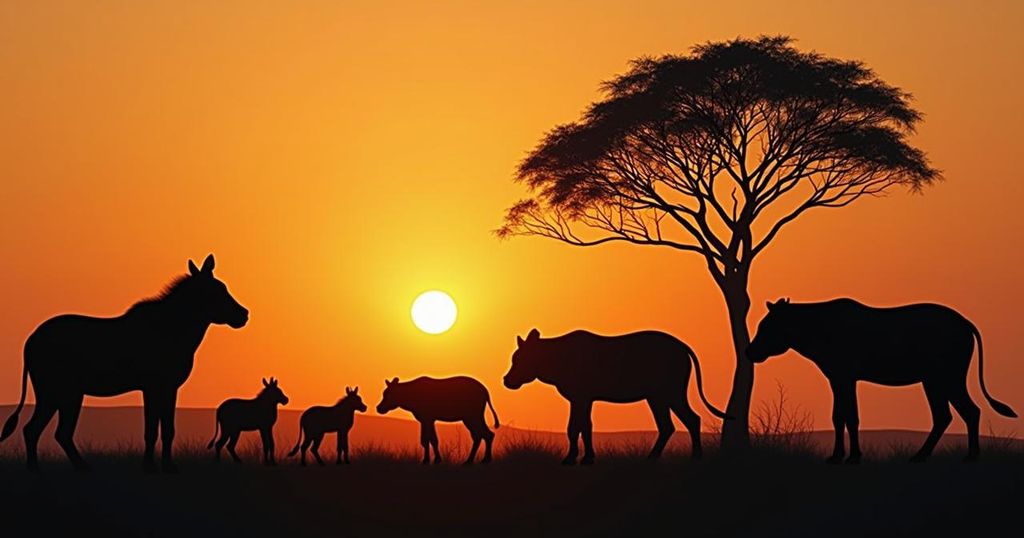Mpox cases are escalating across 15 African countries, with significant concentrations in the DRC and Burundi. The WHO identifies two distinct strains of the virus. As of now, there are 6,580 confirmed cases and nearly 32,000 suspected cases, leading to grave public health concerns and calls for increased vaccination and intervention efforts. U.S. President Biden announced financial commitment and vaccine donations to aid in the response.
The recent rise in mpox cases across Africa has prompted urgent calls from health experts and global leaders for enhanced measures to contain the outbreak. Currently, 15 African nations are experiencing active outbreaks, with Morocco being the latest to report a case. Samuel Boland, the mpox incident manager for the World Health Organization (WHO) in Africa, indicated that the Democratic Republic of Congo (DRC) and Burundi account for nearly 90 percent of confirmed cases, while clusters of infection are emerging in other countries including Cameroon, Nigeria, and South Africa. The WHO has identified two distinct clades of the virus: Clade I, previously referred to as the Congo Basin clade, and Clade II, known as the West African clade. The disease, which was previously called monkeypox, can be transmitted through close contact between individuals and occasionally through contaminated objects. Symptoms of the disease typically involve fever, rash, and swollen lymph nodes. As of this year, there have been a total of 6,580 confirmed mpox cases, with an alarming number of suspected cases reaching nearly 32,000, some of which are not yet tested due to various limitations in testing capabilities across the continent. Among these suspected cases, 844 reported fatalities have been recorded thus far. In a focused period since January of this year, 32 deaths were confirmed among the verified infections. Jean Kaseya, the director-general of the Africa Centres for Disease Control and Prevention, expressed concern regarding the management of the outbreak, indicating that it remains uncontrolled. He noted the limited supply of vaccines available, stating, “Today, we have almost around 4 million commitments of doses, but we say we need more.” U.S. President Joe Biden reiterated the urgency of the situation during the United Nations General Assembly on September 24, 2024, announcing a commitment of $500 million aimed at supporting mpox prevention and response efforts within African nations, alongside the promise of one million doses of mpox vaccine. The administration did not specify a delivery schedule for the vaccine but assured that resources would be delivered through both bilateral agreements and multilateral organizations. Beyond vaccination efforts, Mr. Boland emphasized the necessity for comprehensive public health interventions, which encompass improved surveillance, case management, and community engagement to enhance reporting and control of mpox cases.
Mpox, formerly known as monkeypox, is a viral disease that has persisted in various regions of Africa, particularly in the DRC and Burundi. The current outbreak reflects a broader concern regarding the management of viral infections and the public health response capabilities across the continent. With the emergence of different strains of the virus, the potential for widespread transmission underscores the urgent need for a coordinated global response, increased vaccination, and effective public health measures to mitigate the spread of mpox.
In conclusion, the ongoing rise of mpox cases in Africa has revealed significant challenges in the management and containment of the viral outbreak. Public health officials are stressing the need for more substantial vaccine supplies and robust public health interventions to tackle the crisis effectively. As international bodies and governments respond, it is crucial that all efforts are coordinated to ensure the health and safety of affected populations across the continent.
Original Source: www.voanews.com







